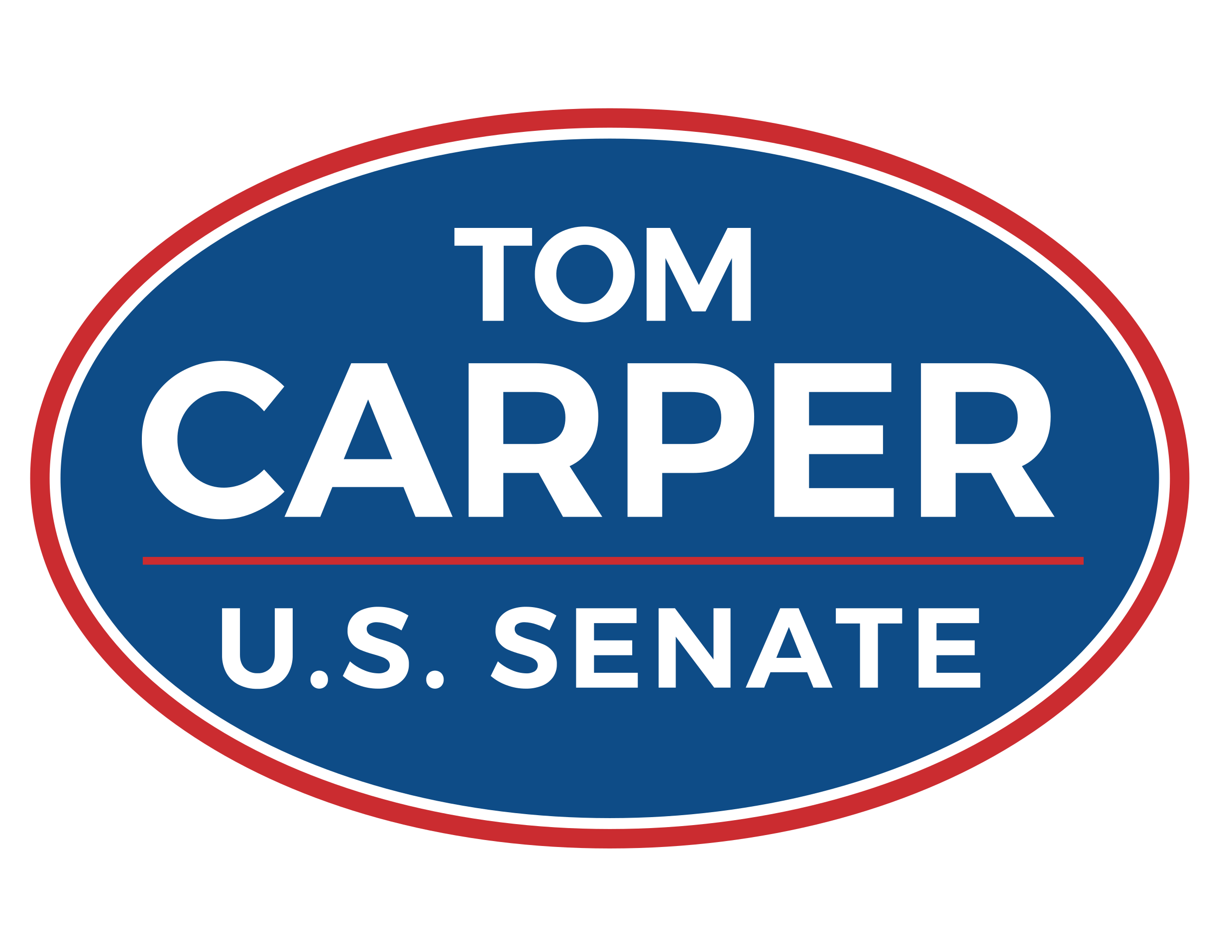Delaware Public Media: Sen. Carper introduces legislation to move U.S. toward net-zero emissions
A member of Delaware’s Congressional delegation is pushing for greater action on climate change from the federal government.
Sen. Tom Carper introduced a bill last week that would compel the Environmental Protection Agency to create a plan to bring the U.S. to net-zero greenhouse gas emissions no later than 2050.
That’s what the Intergovernmental Panel on Climate Change (IPCC) says is necessary for the world to avoid warming above 1.5 degrees Celsius.
Under Carper’s bill, The EPA would be required to set interim emissions targets and start implementing the plan within a year of enactment.
The so-called Clean Economy Act of 2020 does not prescribe how the U.S. should get to net-zero emissions, but aims to empower federal agencies to use their existing tools to do that.
The bill also aims to dismantle what Carper calls the “false choice” between environmental progress and economic growth.
“The auto industry, they’re going to electric vehicles, they’re going to hydrogen, natural gas … and we can lead that parade and the world, or we can watch everybody else drive away and leave us in their dust,” he said. “That’s just one example.”
Carper admits chances of the bill passing the Republican-controlled senate this year are “not great.” But he says he’s encouraged by the coalitions built around it.
“We’re particularly interested in making sure members of the environmental community are with us, that there are elements of the labor community that are with us, that there are elements of the business community that are with us, elements of the health community that are with us,” he said. “To my knowledge this is the first time all four of those major interest groups are in alignment.”
Carper argues that action to reduce greenhouse gas emissions is necessary, citing warnings from scientists and government agencies of increased natural disasters and major hits to the economy in the future as a result of climate change.
The bill has been referred to the Committee on Environment and Public Works. The Congressional Budget Office has not yet released a cost estimate for the bill.
